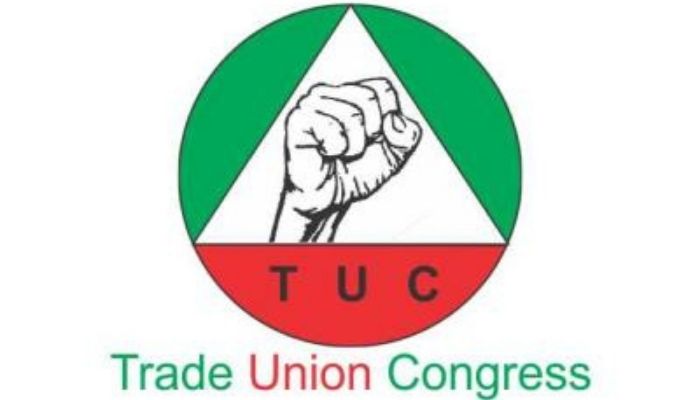The Trade Union Congress (TUC) has advised President Bola Tinubu to lift the ban on food importation to reduce hyper-inflation and food scarcity in Nigeria.
Festus Osifo, the president of the TUC, said this at a press conference in Abuja on Monday, urging governments at all levels to purchase sufficient quantities of food from abroad and share them with vulnerable Nigerians to ease the hardship in the country.
He said, “Governments at all levels should immediately purchase sufficient quantities of food items from different parts of the world and share them with vulnerable Nigerians.”
Osifo urged the federal government to allow temporary importation of food items, saying that Nigerians are battling for survival.
He argued that local production of food is not sufficient to address the scarcity, saying that importation will help to reduce the food crisis in the country.
“Importing food from abroad at this point will assist in reducing the hyper-inflation of food that is currently being experienced locally,” Osifo said.
The union leader also alleged that the prices of rice skyrocketed because the government was chasing the product with middle-class and vulnerable Nigerians.
According to the National Bureau of Statistics (NBS), headline inflation rose to 29.90 percent in January from 28.92 percent in the previous month. Food inflation rose to 35.41 percent from 33.93 percent.
A medium-sized sliced bread priced at N750 in January 2023 has seen a 33 percent increase and is now sold at N1,000. The cost of a piece of egg doubled from N100 to N200, and the cost of a crate of eggs rose from N2,200 to N3,500 within the same period.
Also, foreign parboiled rice in a 50-kg bag ranges between N80,000 and N85,000, compared to N34,000 to N36,000 last year. Local parboiled rice in a 50-kg bag now sells for N55,000 to N65,000, up from N30,000 to N34,000 in January 2023.

